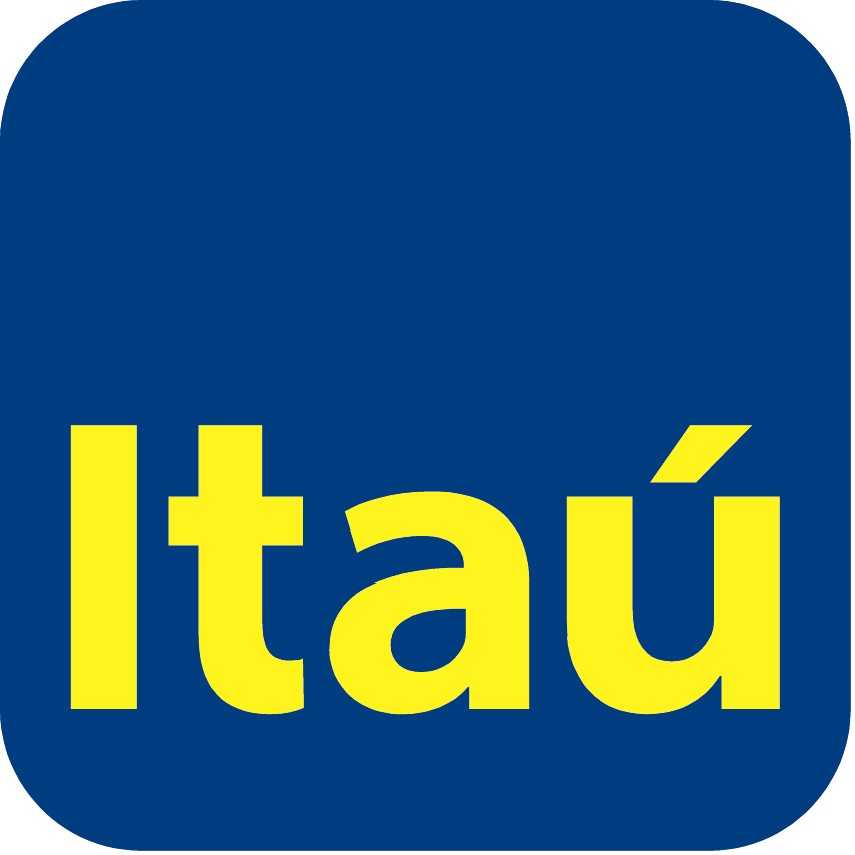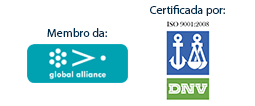Media in Brazil: The Past, Present and and Future
Since its first expression, the press in Brazil - or, we could say, the press AND Brazil - shows itself as the attempt of building purpose and values through narratives that organize society and relationships.
To better understand this history and the empirical evidence and what they reveal about the relations between social agents and media, we must go back to the year 1808. The year in which the Portuguese royal family came to Brazil, seeking refuge from Napoleon's advances in Europe. It was also the year in which the first two Brazilian newspapers were established . Or, rather , the year in which two narratives were created, claiming themselves as the foundation for the development of the media in Brazil.
Exiled in London, Hipólito da Costa created "Correio Braziliense", as an opposition and critical newspaper, aiming to reveal the administrative failures of the Portuguese crown in Brazil. The newspaper was smuggled into Brazil, and was circulated clandestinely. At the same time, upon arriving in Brazil, Don Joao The Sixth established the Royal Press and created the "Gazeta of Rio de Janeiro". Both the institution and the newspaper extolled the royal family and their actions, suppressing and censoring previously all the content produced in the country.
A more doctrinaire than informative press enhanced this “War of Narratives” in the nineteenth century. More than inform the society, the goal was to manipulate public opinion. Throughout that century, Brazil - at first delayed in terms of press compared to the rest of Latin America - would advance quickly. Don Pedro II would create a mood of freedom of speech and opinion. And freedom of the press was assured by the Constitution of 1824. At the end of the century, more than 1500 magazines and newspaper were circulating in Brazil.
Historians often say that anything happened after the French Revolution cannot be studied as history, but journalism. Well, the history of Brazil, still young in all its aspects, is also a history marked by over 200 years of Brazilian press
Almost 100 years later, in the United States, a new professional communications profile was being developed from the work of the journalist turned communications consultant Ivy Lee for his client John D. Rockefeller. It was the beginning of a new field of activity: the press office, embryo of contemporary PR. That new field was dedicated to manage these opinions and relations in a more professional and ethical way, as Lee would advocate in a Manifesto.
Around the same period as Lee was consulting Rockefeller and the railroads in the United States, professionalized communications in Brazil startedto show its first steps in press relations and PR. The Canadian company “The Light” which was facing countless public demands from Brazilian citizens - who was going through the urbanization and industrialization phenomenon - mainly centered in cities like São Paulo and Rio de Janeiro - establishes the first Brazilian department of public relations in 1914 focused on managing such relationships and public opinion.
Globally, the 1929 depression as well as the World War 2 intensified social demands for information. It did increase organizational 's needs and obligations in their relationships with their publics, even in a still asymmetrically, one-way model of communication.
Press agents, spokespersons, press rooms were all set at that time. The twentieth century - abundant in conflicts and fast in changes, and being accelerated by the mass media - was the ideal landscape for the rise of mediation between public and private organizations and their audiences. The public demands for transparency and information would not stop - nor cease to expand. That was the Public Information Golden Age, focused in merely transmitting information.
From this movement, the press relations strategies started to proliferate, both by the commitment of PR professionals as by the requests of companies, concerned about publicizing its image in society.
In that environment, and facing the military dictatorship, a group of visionary professionals from the largest companies in Brazil, summoned a meeting to discuss the strategic qualification of professionals, services and the area of public relations. They founded there, in 1967, Aberje - Brazilian Association for Business Communications. Later in that same year, public relations would be recognized as a profession in Brazil. That meeting created guidelines that anticipated social changes and pressures that would be increased by these changes, leading Communications to a strategic level.
The fierce competition between companies and the consequent increase in the public power of decision-making changed the one-way model of communication. Even in a shy way, audience's needs started to be analyzed. With the growth of public access to information and its production, companies identified opinion leaders all over the public arena (whose boundaries are constantly expanding). And communication starts to develop two-way models.
All these changes mean that in Brazil the concept of stakeholder, today, is no longer enough. The new social environment consists of moveholders, stakeholders grouped into social networks, blogs, flash mobs, in digital and hybrid communication models. And they can't be covered by the old segmentations of public relations, such as the stakeholders defined by R.Edward Freeman in the last century.
Communications exists by the changes and by constant flows that are socially manifested. Conflict is one of its commodities and in order to deal with it, communication must be based on constant ritualization. The mission of Aberje has been to enhance dialogue as the ritual of post-modernity.
Corporate strategies cannot only be informative, but transformative. They need to build mutual learning environments, encouraging co-creation and self-expression. It's hard to avoid the new ways that society uses in order to learn, integrate, persuade, manipulate, control, see and be seen, chatting and gossip. Because all the time, crowds are giving their opinions, massively capturing and creating images - easily available for huge audiences.
Brazilian companies have been engaged in building narratives and in creating connection and immersion through them. If, at a first moment, the role of PR professional was to provide journalists what they needed, now it is necessary to persuade them to hear the company's narrative - among many others. Even more than that, our role is to involve them in the creation of these narratives. It is to understand not merely the processes of journalism, but the voices on the streets and the reader's expectations. Is working together to strengthen the role of qualified mediators.
The press relations strategies in Brazil have abandoned the laziness of press releases and collective interviews. Reporting the action is not enough, we need to plan it as a platform of relationship from the very first brainstorm. It is not enough to tell something, you have to show it, demonstrate it - you have to celebrate it. In our daily lives, when the lack of control reveals itself merciless, the controlled experiences - such as guided visits, premieres and exclusive workshops for journalists, give us a piece of solidity in a world in which everything melts in the air.
Not as simulation, but as isolation of entropy, these new narrative models range from the feeling until the reflection, crossing perception and cognition. The macro vision of reputations today has expanded its complexity in global scale. It shows us that, in Brazil, Communication is a science in accelerated development and qualification.
Apresentação feita no 22nd International Public Relations Research Symposium - BLEDCOM 2015, evento realizado nos dias 3 e 4 de julho de 2015 no Centre for Marketing and Public Relations da University of Ljubljana, na Eslovênia
Os artigos aqui apresentados n�o necessariamente refletem a opini�o da Aberje
e seu conte�do � de exclusiva responsabilidade do autor. 1449












